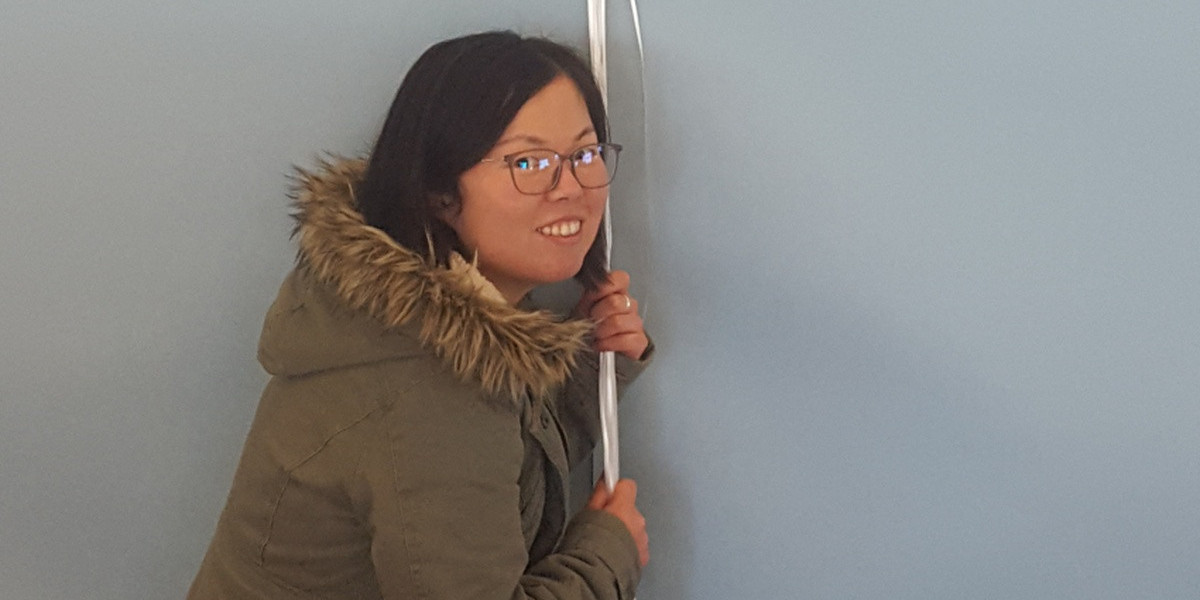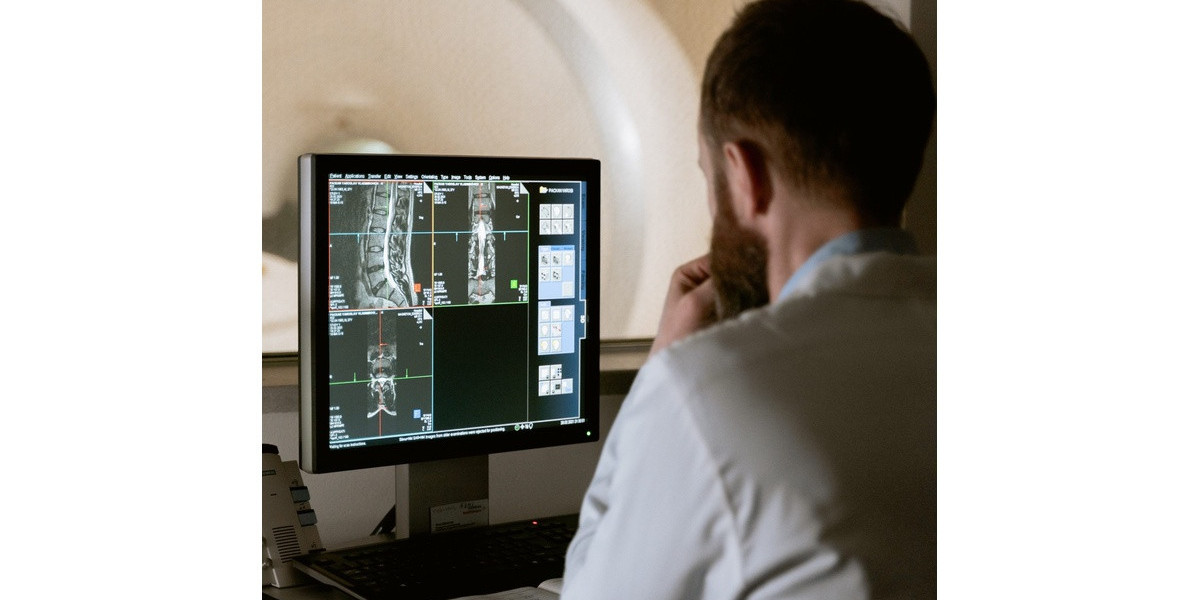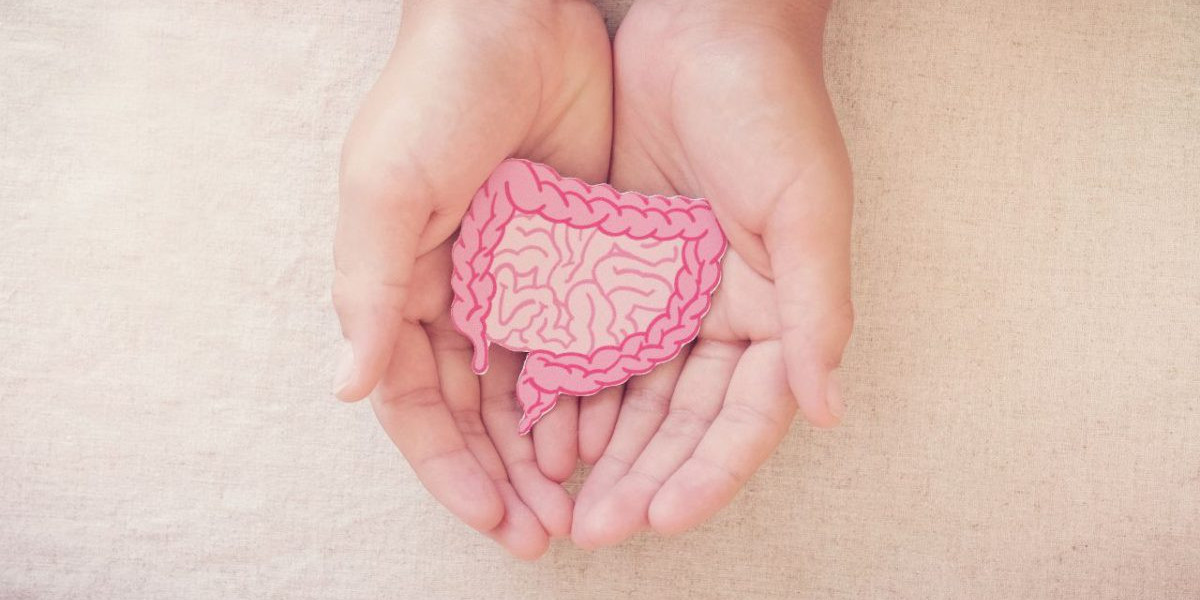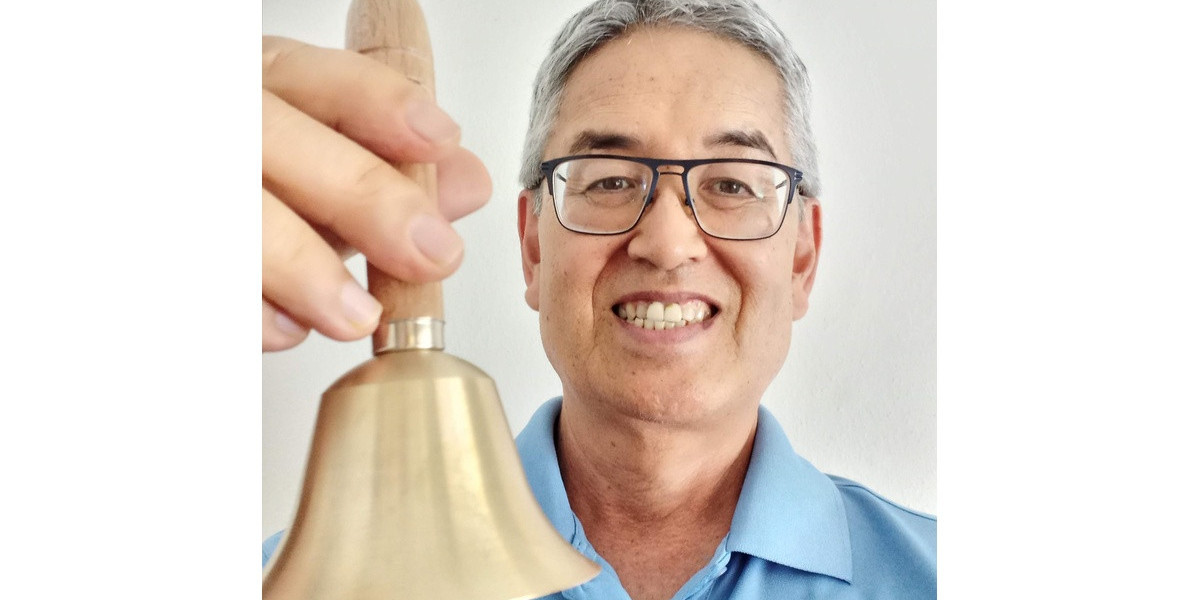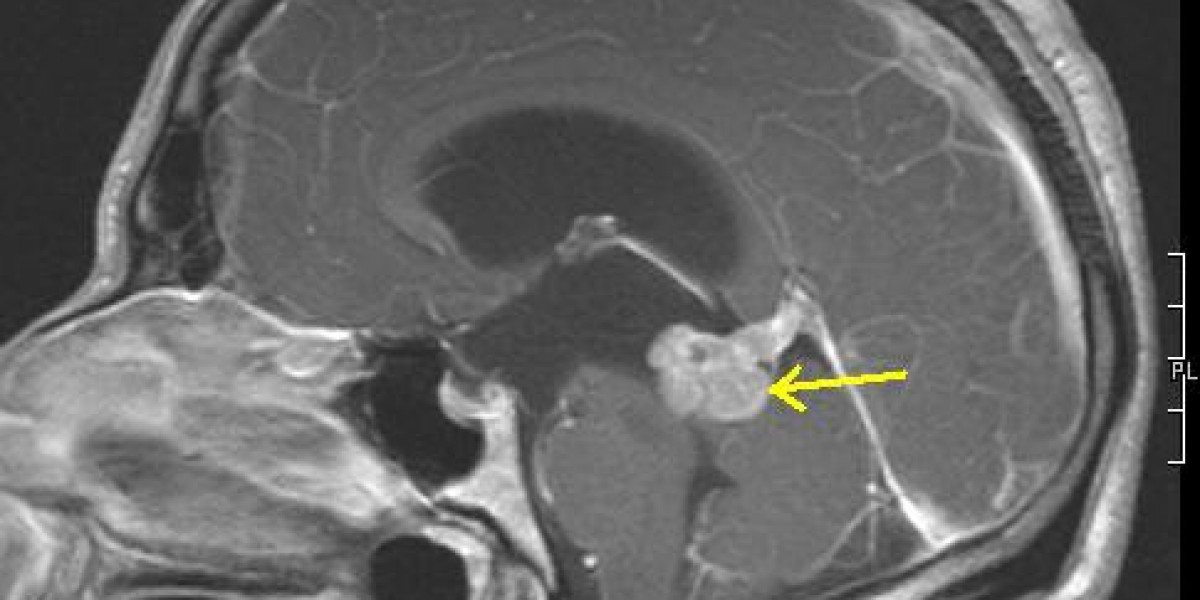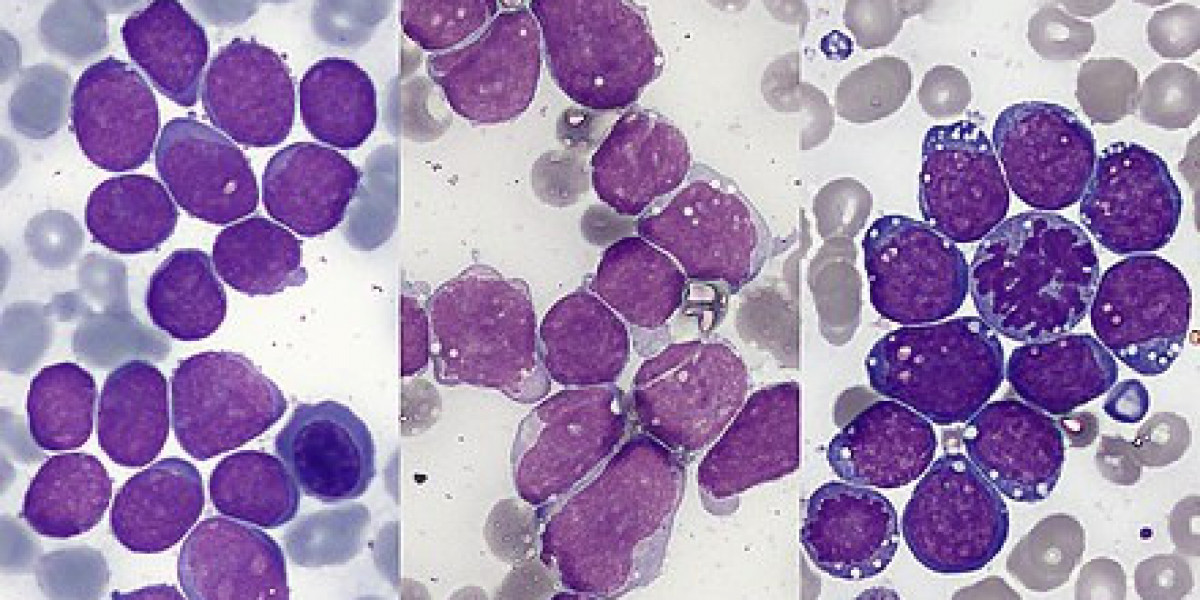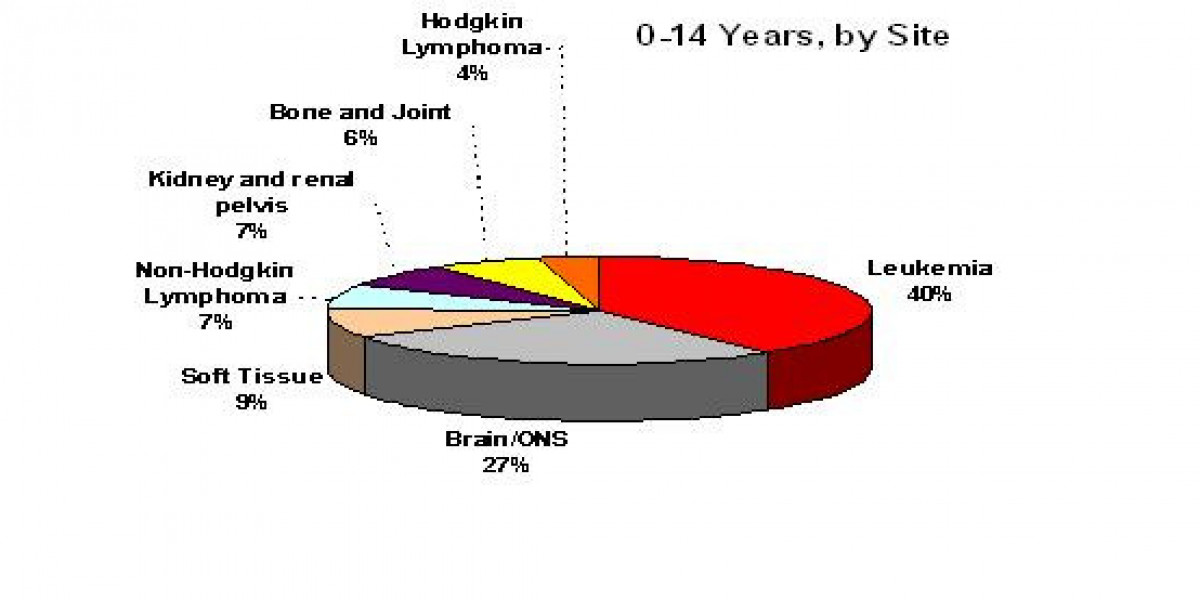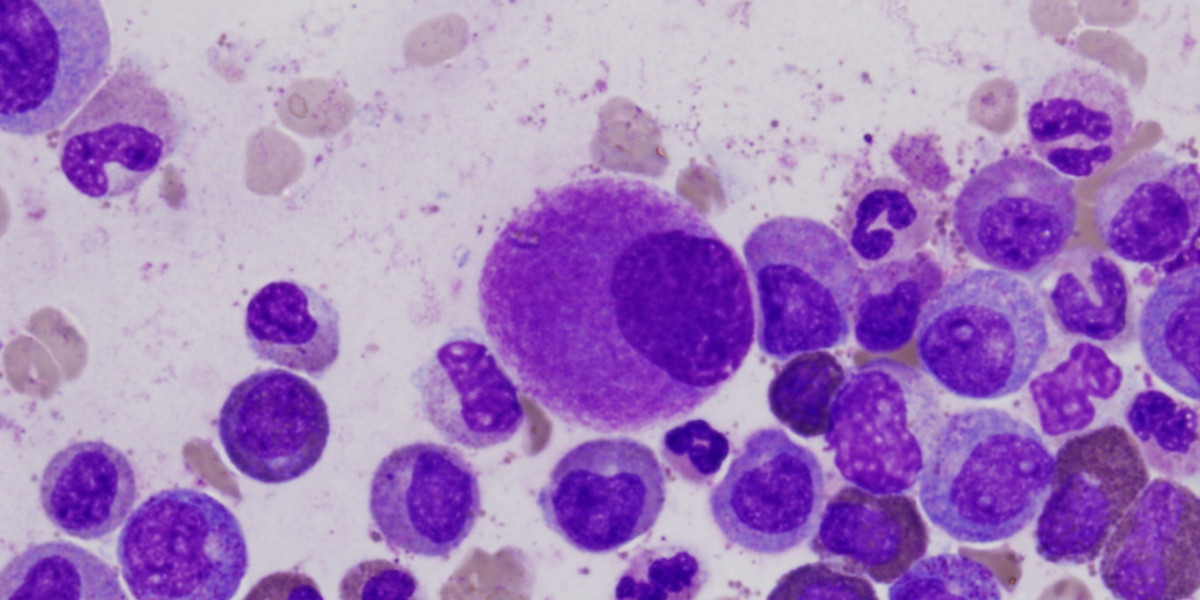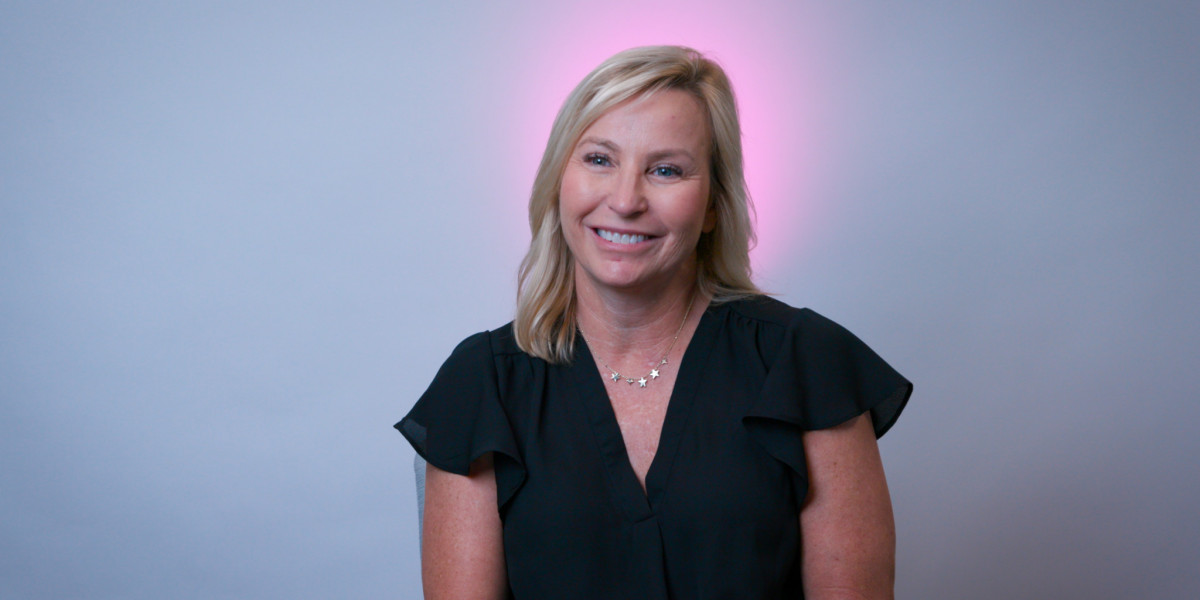Blogs > Finding treatment and support as a young Asian American: Jeannie Aejin Choi Karwowski
Jeannie Aejin Choi Karwowski moved to Kansas from South Korea with her family in 2002 when she was 16 years old. Adjusting to a new culture and environment was difficult as a teenager.
She added a new first name, Jeannie, because her U.S. friends and teachers didn’t know how to pronounce her Korean name. She studied hard, learned English, graduated college with a degree in biomedical engineering, and became a researcher.
Now 33, Jeannie describes her parents as culturally and religiously very traditional. They belong to a Korean Christian church and are sensitive about keeping personal business private. “The Asian community is very small and everyone knows what’s going on,” she says. As a result, some people fear that disclosing a disease or medical condition will bring on stigma, shame, or blame from others around them.
Jeannie’s parents arrived in the U.S. with a limited understanding of English, often had no health insurance, and rarely went to a doctor because of the cost and difficulty communicating with those who did not speak Korean. Cancer was not talked about in her family. Sexual and gynecological health were also treated as taboo subjects, not to be discussed until after marriage.
As a college student, Jeannie told her mother that she was thinking of getting a pap smear to test for signs of cervical cancer, through her university’s health center. Her mother was shocked.
“She said, ‘You get that once you are married and have sexual intercourse.’” Jeannie says. “She thought when I talked about a pap smear that meant I wasn’t a virgin.” Even after explaining to her mother that U.S. women start having pap smears at age 21, her mother still didn’t approve.
Jeannie was diagnosed with stage II breast cancer at age 30, in 2015. Her parents were “devastated and sad,” she says, but didn’t want to talk about their daughter’s situation with members of their church. “They didn’t want it to be the topic of other people’s gossip.”
Her mother blamed herself for giving Jeannie the disease, even though there was no family history of cancer. When her parents finally told the church elders confidentially about Jeannie’s diagnosis , the information soon spread to others. Her parents were upset and embarrassed. It made Jeannie feel as if the breast cancer was her fault and that she had brought bad luck and shame to the family.
Even now, her parents say little to other people about her diagnosis. “It’s generational and cultural. Asians don’t talk about breasts because it’s a woman’s private parts,” Jeannie says. “My parents say, ‘Jeannie had cancer.’ They don’t want to talk about the breast — it’s too uncomfortable.”
In fall 2015, Jeannie and her husband, who is not Korean, had recently moved to Worcester, Massachusetts. They had just started new jobs when she saw a large sign for Breast Cancer Awareness Month. It made her think about a shape change she had noticed in one of her nipples, so she decided to do a breast self-exam . She felt something below the nipple that she had never felt before.
Because Jeannie didn’t yet have a primary care doctor , she went to an urgent care center. A nurse practitioner there asked about her family history, felt the area, said it didn’t feel like cancer, and told her that she was very young to have breast cancer. The nurse said what Jeannie had felt in her breast was probably an inflamed mammary gland but offered a referral for an ultrasound. Jeannie promptly went to be checked out.
The testing showed that Jeannie had one primary tumor and smaller ones throughout her right breast and in two lymph nodes. “I was freaking out,” she says.
No one mentioned preserving her fertility before treatment or where she might go for emotional or financial support. “We didn’t have much savings because my husband had just graduated. I was working but had used that money for the wedding, rent, and moving.” She researched online and found a grant through Livestrong Fertility that helped her freeze embryos, in hopes of having children later on. The fertility clinic also gave the couple a fee discount due to financial hardship and Jeannie’s breast cancer diagnosis.
Her local hospital matched her with a non-Asian oncologist and surgeon . Jeannie decided to go for a second opinion at a different cancer center, where she was given doctors who were Asian women. “I liked the idea of matching physicians with patients of similar origins because they most likely understand each other better,” Jeannie says.
However, that approach didn’t work out so well with one doctor. Despite Jeannie being an adult, the surgeon asked where her mother was, reflecting a belief that a young Asian woman would defer decisions to her parent.
“She was dismissive when I wanted to talk about my concerns and assumed that she already knew everything about me (based on ethnic and cultural background),” says Jeannie.
She chose to have care at her local hospital because she liked the surgeon there better. “She didn’t treat me based on how I look,” Jeannie says. “She treated me like a patient named Jeannie.”
Jeannie thinks the biases Asians and Asian Americans encounter from some healthcare providers are similar to what minorities in general experience. “Most people don’t approach us,” she says. For example, she didn’t find out that the hospital social worker could help her until treatment was half over.
“At the time, I thought maybe she was too busy to visit everyone,” says Jeannie. “I was the only young Asian American in my chemo unit. I felt isolated because I couldn’t find anyone who was in a similar situation as me. Now I know I have to find and reach out to them.”
On her own, after several months of treatment and searching for support resources, she discovered the Virginia Thurston Healing Garden Cancer Support Center , in Harvard, Massachusetts. Jeannie went there for integrative therapy , including acupuncture for neuropathy . She also found help from a local breast cancer organization, PinkHippy.org .
Her local hospital began a support group for young women affected by breast cancer. Jeannie brought a Chinese American friend to the group but the woman was not comfortable talking publicly about her personal concerns.
Jeannie later found out about Asian Women for Health , a Massachusetts peer-led education and support network. It had a program for Asian women affected by breast cancer. Now a volunteer with that organization because she wants to support more women like herself, Jeannie has been helping young Korean women diagnosed with breast cancer. She also is also a graduate of LBBC's Young Advocate Program and has become active with the National Breast Cancer Coalition to represent young Asian women affected by the disease.
“I used to be shy and didn’t say much,” says Jeannie, reflecting on her willingness to get involved in advocacy actions. “Now I want to stand up for the people who need help.”
She believes she can have the greatest effect by helping other Asian and Asian American women. “I’m a person who mingles with everyone without a strong preference [by group],” she says. “But sometimes, hanging out with other Asian ladies makes me say, ‘Me, too!’ We just get it because we are brought up with the same culture.”
This article was supported by the Grant or Cooperative Agreement Number 1 U58 DP005403, funded by the Centers for Disease Control and Prevention. Its contents are solely the responsibility of the authors and do not necessarily represent the official views of the Centers for Disease Control and Prevention or the Department of Health and Human Services.
What to say to someone with breast cancer
It can be hard to find the words when a loved one, friend, neighbor, or coworker tells us about their breast cancer diagnosis. We've got tips to get you started.
Can a breast cancer diagnosis be wrong?
It is unusual but possible for a breast cancer diagnosis to be incorrect. Learn more about the different ways to be certain about a new diagnosis.
Sharing your inherited genetic test results
Getting tested for an inherited genetic mutation often means that at some point, you will share your results with family members. It can bring up many mixed feelings, ranging from anxiety and guilt to relief.
Genetic counseling
Genetic counseling is the process of meeting with a genetic counselor to discuss your family health history and whether genetic testing is right for you. A genetic counselor is a healthcare provider.
Communicating with your breast cancer care team as an LGBTQ+ person
Trusting your healthcare team and talking with them openly is often key to getting the best care, treatment, and quality of life possible, and easing your worries and fears.
Health disparities for LGBTQ+ people affected by breast cancer
Understanding LGBTQ+-specific breast cancer risk issues and how your breast cancer experience may be unique may help empower you to ask your healthcare team questions and make medical decisions that are right for you.
Books for kids
The Reading for Reassurance program shares books tailored for children with a parent who has been diagnosed with breast cancer in the last six months.
How to talk to loved ones if you have breast cancer
Discussing a breast cancer diagnosis with loved ones is tough, but it lets them offer the support and help you need. Share your journey with those who care to foster understanding and assistance.
Telemedicine for breast cancer
Find out what a breast cancer telemedicine visit can look like, get tips on how to get the most out of a visit, and learn more from doctors and people with breast cancer who have used telemedicine.
Getting a second opinion
Learn about the process of getting a second opinion on your breast cancer diagnosis and the many reasons it could be helpful on your journey.
Sign up to receive emotional support, medical insight, personal stories, and more, delivered to your inbox weekly.
We'll send support straight to your inbox.
Robin Warshaw
Tagged:
Was this page helpful?
Living Beyond Breast Cancer is a national nonprofit organization that seeks to create a world that understands there is more than one way to have breast cancer. To fulfill its mission of providing trusted information and a community of support to those impacted by the disease, Living Beyond Breast Cancer offers on-demand emotional, practical, and evidence-based content. For over 30 years, the organization has remained committed to creating a culture of acceptance — where sharing the diversity of the lived experience of breast cancer fosters self-advocacy and hope. For more information, learn more about our programs and services .
Living Beyond Breast Cancer
40 Monument Road, Suite 104
Bala Cynwyd, PA 19004
©2025 Living Beyond Breast Cancer
Originally published on The Patient Story: https://www.lbbc.org/blog/finding-treatment-and-support-as-a-young-asian-american-jeannie-aejin-choi-karwowski
